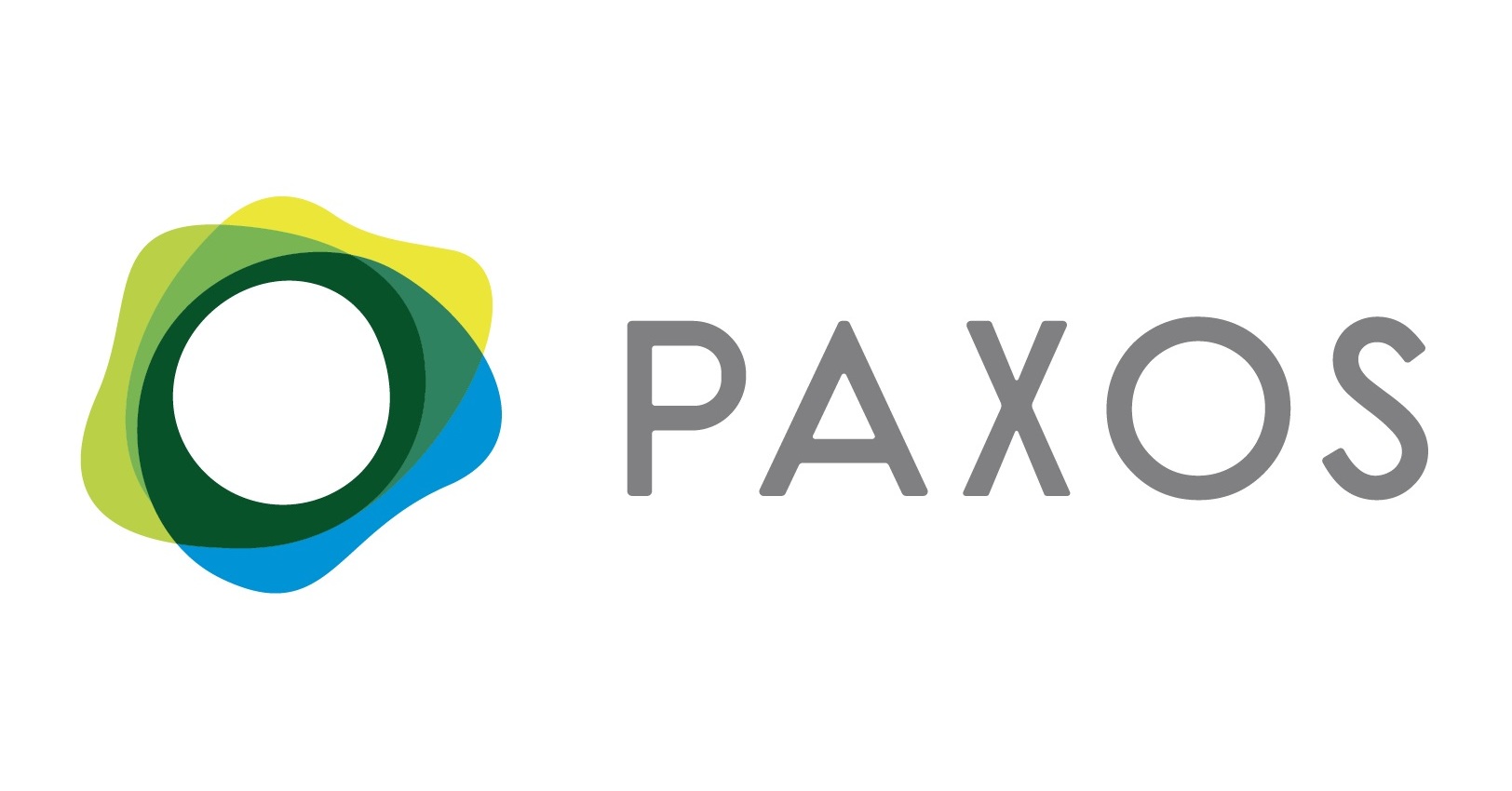Gmür, the beleaguered bishop of Basel, was among those in attendance. He recalled a discussion in which African bishops sought allowances for polygamy — asking, in particular, whether a man would have to leave all his wives in order to convert — while some European participants sought canonical recognition of LGBTQ+ rights. “We did conclude that polygamy is not an idea of the bible,” Gmur said. “And certainly not [of] the New Testament.” On LGBTQ+ rights, “even the word was a problem,” he added. “That’s why in the document we call it, ‘With different personal sexual identity and orientation’.”
The current synod has invariably stoked the fears of conservatives who see it as a Trojan horse for an insidious woke agenda. As if in confirmation, the synod’s own leaders have cast it as the last great hope for introducing real structural reform: “If we miss this experience, we will not be effective in our mission,” Cardinal Mario Grech, the Synod on Synodality’s secretary general, told POLITICO in his Vatican office, a portrait of the pontiff smiling down from the wall behind him. “And then the future will be bleak.”
As usual, however, the prevailing view is that little will change. Grech’s comments notwithstanding, the pope has deferred many of the more touchy issues to Vatican-controlled “working groups,” such as the ordination of female priests and lay influence over the appointment of bishops. While that could mean Francis wants to repeat the same chaotic approach of Fiducia supplicans and roll out the big changes on his own terms at some unplanned date, it’s more likely that they’ve simply been put on ice. Tellingly, when the pope was asked by the 60 Minutes program in May whether little girls could ever dream of becoming deacons, a kind of priest, his answer was a decisive “no.”
Cardinal Hollerich, the Synod’s relator general, acknowledged that the goal of the synod is rather more aspirational — to seed a culture of inclusivity and dialogue that could, perhaps, lead to doctrinal reform, somewhere down the line. Holy See spokesperson Matteo Bruni said its core aim was to foster “greater involvement of the people of God” in pastoral and administrative Church matters, pointing to early successes in the Eastern Church. But he emphasized that it wouldn’t delve into the other big questions — the Synod on Synodality, as its name suggests, would be entirely self-referential.
This all bodes ill for the Germans, whose options are now seriously limited following some 11th-hour papal maneuvers. Last February, as the German bishops were gathering in the city of Augsburg to ratify the final decisions of the Synodal Path, they received a scathing letter from Francis’s deputies. When a smaller delegation later went to Rome to resolve the matter, they ultimately agreed, in a humiliating climb-down, to pursue their scheme only within the strict bounds of canon law, checking each new development with Rome — just as Belgium’s bishops had agreed to do.
As a result, the Synod on Synodality appeared to be the last channel through which the Germans could air their domestic grievances, though even that forum was already being closed off to them, according to one person familiar with the proceedings. Ecclesiastically outgunned, the Germans’ grand democratic experiment looked stone dead.







